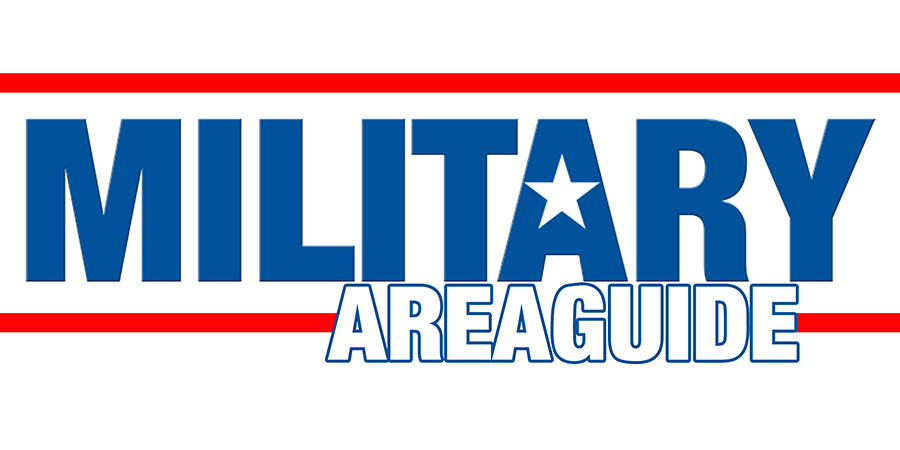Copperhead season: what NOT to do if bitten

Snakes only bite to defend themselves as a last resort. When threatened, they prefer to escape or to remain still, blending in with their surroundings. But if they decide to bite, they can move lightning-fast.
Advertisement

According to Dr. Christopher Holstege, medical director of the poison center, many snake bites happen when the victim is taunting or trying to catch or kill the snake.
“If you see a snake,” he advises, “back up. Stay away from it. Don’t jab at it with a stick or try to kill it. Just go around it.”
The poison center recommends additional tips to avoid a bite: Wear boots when walking in tall grass, leafy forests, or other snake habitats. Sandals or bare feet put you at potential risk.
Also, snakes are attracted to areas that provide them with cover and shelter. Remove log or trash piles close to your house. Keep the grass or other vegetation near your house closely mowed or trimmed.
If someone is bitten by a venomous snake — stay calm. Deaths from copperhead or rattlesnake bites are extremely rare. The most important action is to get the victim to a healthcare facility as soon as possible so they can receive medical care for the pain, swelling, and other symptoms.
If possible, wash the bite wound with soap and water, and remove any tight clothing or jewelry to allow for swelling, which may be severe. Dr. Holstege advises: “Don’t believe what you see in the movies! There are many myths and folk remedies which have not been shown to have any beneficial effect on the victim’s outcome and in fact may cause more harm.”
In other words, do not apply a tourniquet; do not apply ice or use an ice bath; do not cut the wound; do not use any form of suction; do not give the victim alcohol or drugs; do not give the victim an electric shock.
Most importantly, do not try to catch or kill the snake. This may result in another snakebite victim.
“The doctor does not need to see the snake in order to treat you. All venomous snake bites in Virginia are treated with the same antivenom, if necessary,” the doctor adds.
The experts at the Blue Ridge Poison Center are standing by 24 hours a day, every single day, to help you in the event of a snake bite or any other suspected poisoning. Your call is free and confidential: 1-800-222-1222.
To read more, please visit: http://rappnews.com/2017/05/20/copperhead-season-what-not-to...











